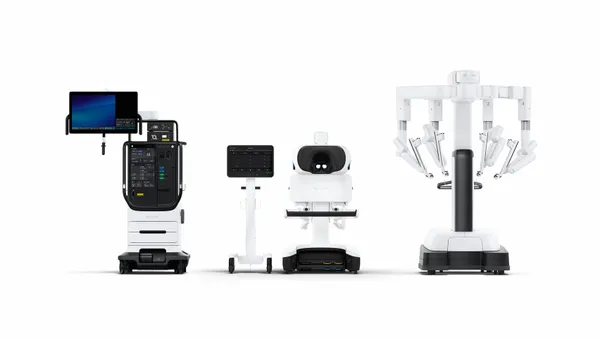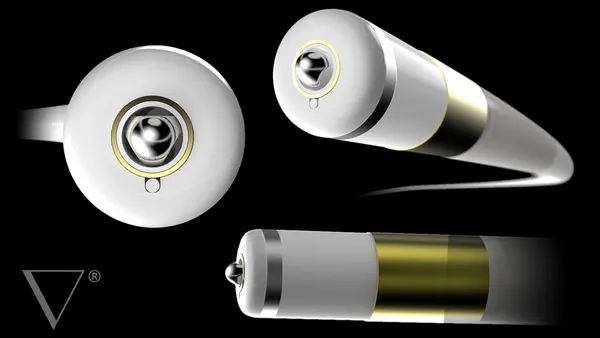Dive Brief:
-
The U.S. Securities and Exchange Commission has ended its investigation into Misonix. The investigation looked into whether there was a violation of the Foreign Corrupt Practices Act (FCPA), a U.S. law that prohibits bribery of foreign officials. The law is jointly enforced by the SEC and the Department of Justice.
-
Misonix, a provider of ultrasonic devices, feared the practices of its Chinese distributor, and Misonix's knowledge of them, could have had implications under the FCPA.
-
Misonix is now embroiled in litigation with its former Chinese distributor, Cicel Science & Technology. Cicel sued Misonix for terminating its contract with Cicel, claiming Misonix wasn't allowed to end the contract over alleged FCPA noncompliance.
Dive Insight:
The SEC’s closure of the investigation and decision not to recommend action moves Misonix a step closer to putting a troubled period behind it. The period began in August 2016 when longtime Misonix CEO Michael McManus resigned. Shortly thereafter, Misonix delayed filing its quarter results after finding internal control over financial reporting was deficient at a point during McManus’ tenure.
Misonix contacted SEC and the U.S. Department of Justice in September 2016 to disclose details of practices at a Chinese distributor "that raised questions under the Foreign Corrupt Practices Act."
The conclusion of the SEC probe frees Misonix from one of the problems it faced after contacting the agency. Another, as-yet-unresolved problem emerged when Misonix terminated its contract with its Chinese distributor, Cicel Science & Technology, on the grounds that it suspected the company violated the FCPA.
Cicel responded by filing a lawsuit alleging Misonix improperly terminated the contract. Cicel claimed the terms of the contract did not permit Misonix to terminate the agreement based on FCPA noncompliance.
"The events surrounding Misonix’s breach make plain that Misonix grew frustrated with the terms of the agreement, hired a former Cicel employee to misappropriate Cicel’s confidential information, began contacting customers directly and ultimately used its FCPA suspicions as an excuse to cut Cicel out of the distributor chain so that Misonix could control the price of its products in China," Cicel claimed in a legal filing.
A court tossed some of the claims against Misonix last year but the rest of the case is still alive. In its most recent regulatory filing on the topic, Misonix told investors no date has been set for the trial.
The Cicel relationship was worth $8 million to Misonix from 2010 to 2016. In 2015, Cicel accounted for 13% of Misonix’s net sales.












